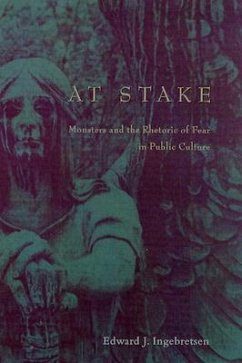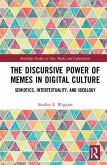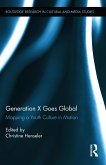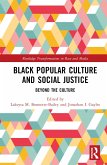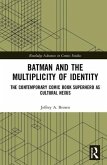Anyone who reads the papers or watches the evening news is all too familiar with how variations of the word monster are used to describe unthinkable acts of violence. Jeffrey Dahmer, Timothy McVeigh, and O. J. Simpson were all monsters if we are to believe the mass media. Even Bill Clinton was depicted with the term during the Monica Lewinsky scandal. But why is so much energy devoted in our culture to the making of monsters? Why are Americans so transfixed by transgression? What is at stake when the exclamatory gestures of horror films pass for descriptive arguments in courtrooms, ethical speech in political commentary, or the bedrock of mainstream journalism? At Stake is an analysis of popular culture, a critique of a secularized religious discourse, as well as a plea of a plea for cleaning up the ethics of public speech. Edward J. Ingebretsen explores the social construction of monstrousness in public discourse, examining the uses of transgression and deviancy in tabloids, mainstream press, television, magazine, sermons, speeches, and popular fiction. The two students who took aim at Columbine High School, for instance, were declared monsters by Time magazine. Like wise, on the eve of his execution, Timothy McVeigh was decried as a monster who deserved to die. These examples typify the inept way the word broadly eliminates the very humanity upon which ethical judgment must depend. Ingebretsen argues that monsters serve as convenient tokens whose narratives contain trauma as well as solution; they provide easy answers to intractable problems. Susan Smith, the South Carolinian who murdered her children, is thus thought to embody the crisis of maternal neglect; nonetheless, keeping focus on her leaves unaddressed larger questions about the crisis of marriage and single motherhood. Monster, then, return us to the ancient language that once termed them "omens of the Gods." They show and tell; fright and point.

